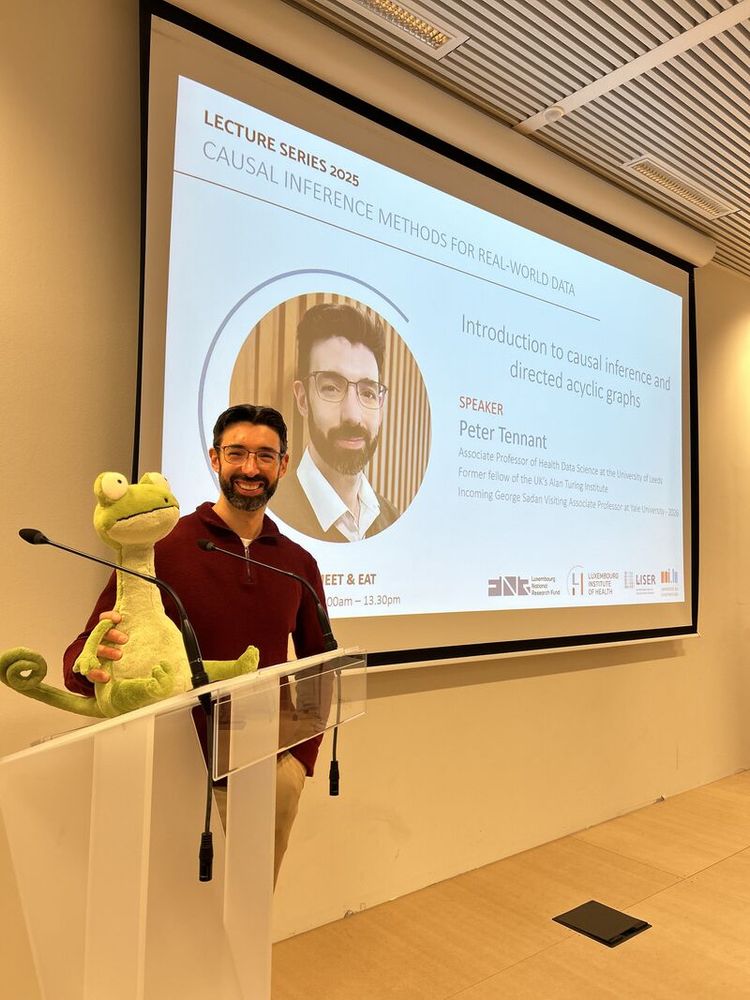Posts
Media
Videos
Starter Packs
Reposted by Felix Thoemmes
Reposted by Felix Thoemmes
Reposted by Felix Thoemmes
Reposted by Felix Thoemmes
Reposted by Felix Thoemmes
Reposted by Felix Thoemmes
Reposted by Felix Thoemmes
Reposted by Felix Thoemmes
Reposted by Felix Thoemmes
Reposted by Felix Thoemmes
Reposted by Felix Thoemmes
Reposted by Felix Thoemmes
Reposted by Felix Thoemmes
Reposted by Felix Thoemmes
Reposted by Felix Thoemmes
Reposted by Felix Thoemmes
Reposted by Felix Thoemmes
Reposted by Felix Thoemmes
Reposted by Felix Thoemmes
Reposted by Felix Thoemmes







![Excerpt from Guest & van Rooij, 2025:
As Danielle Navarro (2015) says about shortcuts through us-
ing inappropriate technology, which chatbots are, we end up dig-
ging ourselves into “a very deep hole.” She goes on to explain:
"The business model here is to suck you in during
your student days, and then leave you dependent on
their tools when you go out into the real world. [...]
And you can avoid it: if you make use of packages
like R that are open source and free, you never get
trapped having to pay exorbitant licensing fees." (pp.
37–38)](https://cdn.bsky.app/img/feed_thumbnail/plain/did:plc:c56dfqq2kropq4ys65h5pvgr/bafkreibuo2eq7v5fc7x3aokbeo224rpcwf52rtrjkgtitnqmkl64g6jory@jpeg)











